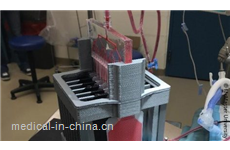
Artificial lung to support pre-term babies in distress
An international team led by current and former McMaster University researchers has developed an artificial lung to support pre-term and other newborn babies in respiratory distress. The group has proven the concept using a live piglet, a major step along the route toward approval for use in humans, where the portable device could save many lives and prevent catastrophic damage by taking up some of the placenta’s role in oxygenating the blood until babies are able to breathe independently.
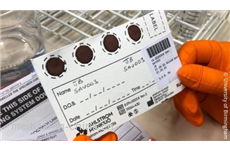
COVID-19: dried blood spot sampling
Using dried blood spot samples (DBS) is an accurate alternative to venous blood in detecting SARS-CoV-2 antibody tests, a new study by immunology experts at the University of Birmingham has found.
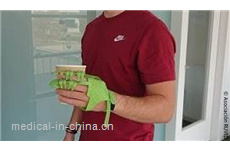
Handheld robotic exoskeleton to improve hand mobility problems
The Engineering Design and Technological Development Group (DIDET), from the University of AlicanteArtefactosLAB, has once again taken a step forward in terms of social innovation with the design of a new handheld robotic exoskeleton. Named [flick], this robotic exoskeleton improves the lives of people with limited or no ability to move due to neurological and/or physiological disorders.
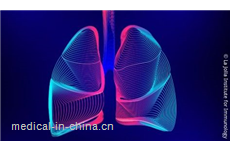
Lungs: a step toward helping patients breathe deeply
Damaged lungs can't open properly. Patients with asthma, idiopathic pulmonary fibrosis and systemic sclerosis suffer from fibrosis and tissue remodeling, where a build-up of tissue and immune cells, and proteins that form a glue-like substance, keep the airways from expanding. As fibrosis gets worse, taking a breath feels like blowing up a balloon filled with concrete.
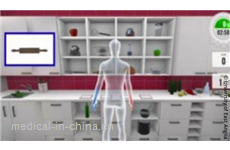
Virtual rehab for stroke patients
Researchers at the University of East Anglia have been putting virtual reality rehabilitation for stroke survivors to the test. They have created a new gaming platform which uses low cost videogame technology to improve the lives of stroke patients suffering from complex neurological syndromes caused by their stroke. And they have been working with stroke survivors and their carers to see how they get on with using the new technology.